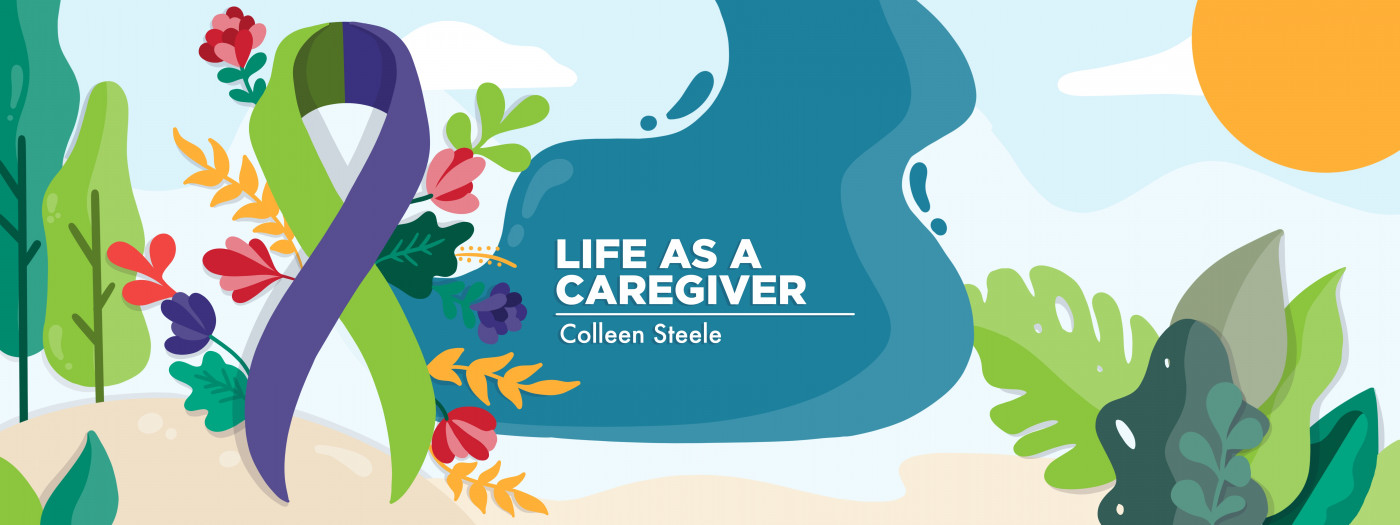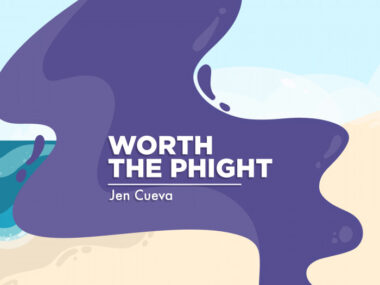In defense of the journal
Some critics say that journaling is narcissistic. Here's why they're wrong
Written by |

It’s been a rough day. I change into my comfy clothes, pour a cup of tea, prop up my pillows, pull up a cozy blanket, and start to write. Others might open with “Dear Diary,” but I begin with a prayer: “Dear God, please help me …”
As I mentioned in a previous column, I’ve been keeping a diary (which I now refer to as a journal) since my grandmother gave me one for my eighth birthday. It’s where I store my thoughts, keep important memories, evaluate my life, seek self-improvement, and reflect on my experiences as a caregiver.
I didn’t plan on covering this topic again, but I was recently disheartened to hear that some people view journal writing to be more narcissistic than therapeutic. I’m here to defend this healthy source of self-care from becoming collateral damage to someone else’s perspective.
The influence of television
I’ve enjoyed watching the American Western television series “1923,” a prequel to “Yellowstone” and a sequel to “1883,” as I feel drawn to certain characters, especially Cara Dutton. In “1923,” she’s the family matriarch who raises two nephews with her husband, Jacob.
Cara is the glue that keeps the family together. She is kind and gentle but also strong-willed and intelligent. The letters she writes and sends to her nephew Spencer in Africa are so beautifully written that it’s easy for him to imagine that he’s back home in Montana.
When Cara knew the letters would no longer reach Spencer, for reasons I won’t divulge to avoid spoilers, she continued to address him in letters that remained unsent. These letters helped her process feelings about daily life — from what she made for dinner to life-altering events.
This is a style of journal writing that I have turned to many times in my own life, especially since the death of my husband, Brian. Watching a respected character like Cara find comfort in this form of writing can inspire viewers to do the same — if it weren’t for a comment she made to the character Elizabeth about why she’s writing letters that Spencer will never receive: “I suppose you could call it journaling, … but writing to oneself seems so narcissistic. I can’t bring myself to do it. So I address my thoughts to him.”
Narcissism is defined as being extremely self-centered with an exaggerated sense of self-importance. I found it discouraging to discover through online research that some people today believe that writing in a journal is narcissistic behavior.
The character John-Boy from the television drama “The Waltons” inspired me, and probably others, to keep a diary. I hope Cara in “1923” doesn’t become the reason people stop writing or decide to never give it a try.
The whole-person approach to medical care
Patients, caregivers, and medical professionals should all be aware of the value of whole-person medical care, because caring for the mind is just as important as treating the body. Keeping a journal can have many benefits that support mental wellness, encourage healthy habits, and assist with self-advocacy. If achieving that is narcissistic, then I’m all in — pun intended!
My son Cullen was diagnosed with idiopathic pulmonary arterial hypertension (PAH) when he was 8. Six years later, he received a heart and double-lung transplant. Keeping a journal through all of those challenging years helped me, but it also helped him and his doctors.
By journaling, I could calmly sort out my emotions instead of giving in to the temptation to scream and throw things in a state of panic, fearing that I might lose my son to PAH or post-transplant complications. Cullen benefited much more from my anxious writing than he would have from frantic caregiving.
Feelings aside, I also logged my observations and concerns, which enhanced my confidence when discussing them with Cullen’s doctors. I used medical terminology when writing to help me retain what I’d learned, dictate answers to questions I’d asked, and decide what I needed to know next or understand better.
Falling asleep is challenging when your child is critically ill. Writing in my journal has always been the last thing I do before bed, because it often helps me rest better than a dose of melatonin. I’ve also heard that journaling can strengthen the immune system and lower blood pressure. Devoting time to writing in a journal can, in my experience, heal broken hearts, minds, and in some cases, bodies.
To me, saying that journaling is narcissistic is the equivalent of shaming someone for seeing a therapist.
In the words of author Julia Cameron, “Writing is medicine. It is an appropriate antidote to injury. It is an appropriate companion for any difficult change.”
Note: Pulmonary Hypertension News is strictly a news and information website about the disease. It does not provide medical advice, diagnosis, or treatment. This content is not intended to be a substitute for professional medical advice, diagnosis, or treatment. Always seek the advice of your physician or other qualified health provider with any questions you may have regarding a medical condition. Never disregard professional medical advice or delay in seeking it because of something you have read on this website. The opinions expressed in this column are not those of Pulmonary Hypertension News or its parent company, Bionews, and are intended to spark discussion about issues pertaining to pulmonary hypertension.



Leave a comment
Fill in the required fields to post. Your email address will not be published.